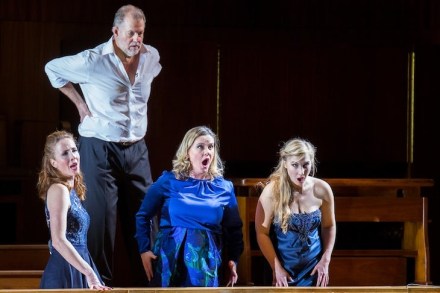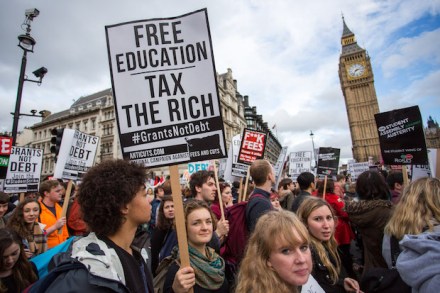Amused and confused
Tibor Fischer has a track record with humour. His first novel, the Booker shortlisted Under the Frog, takes its title from a Hungarian saying that the worst possible place to be is ‘under a frog’s arse down a coal mine’. And he also has form with being a bit meta: his third novel, The Collector Collector, was narrated by an earthenware pot. Here he throws his weight behind a character who feels like he’s walked off the set of Brass Eye or Charlie Brooker’s Black Mirror. It’s not entirely clear whether we are supposed to loathe him or sympathise with him. Baxter Stone is a filmmaker whose best days are





















